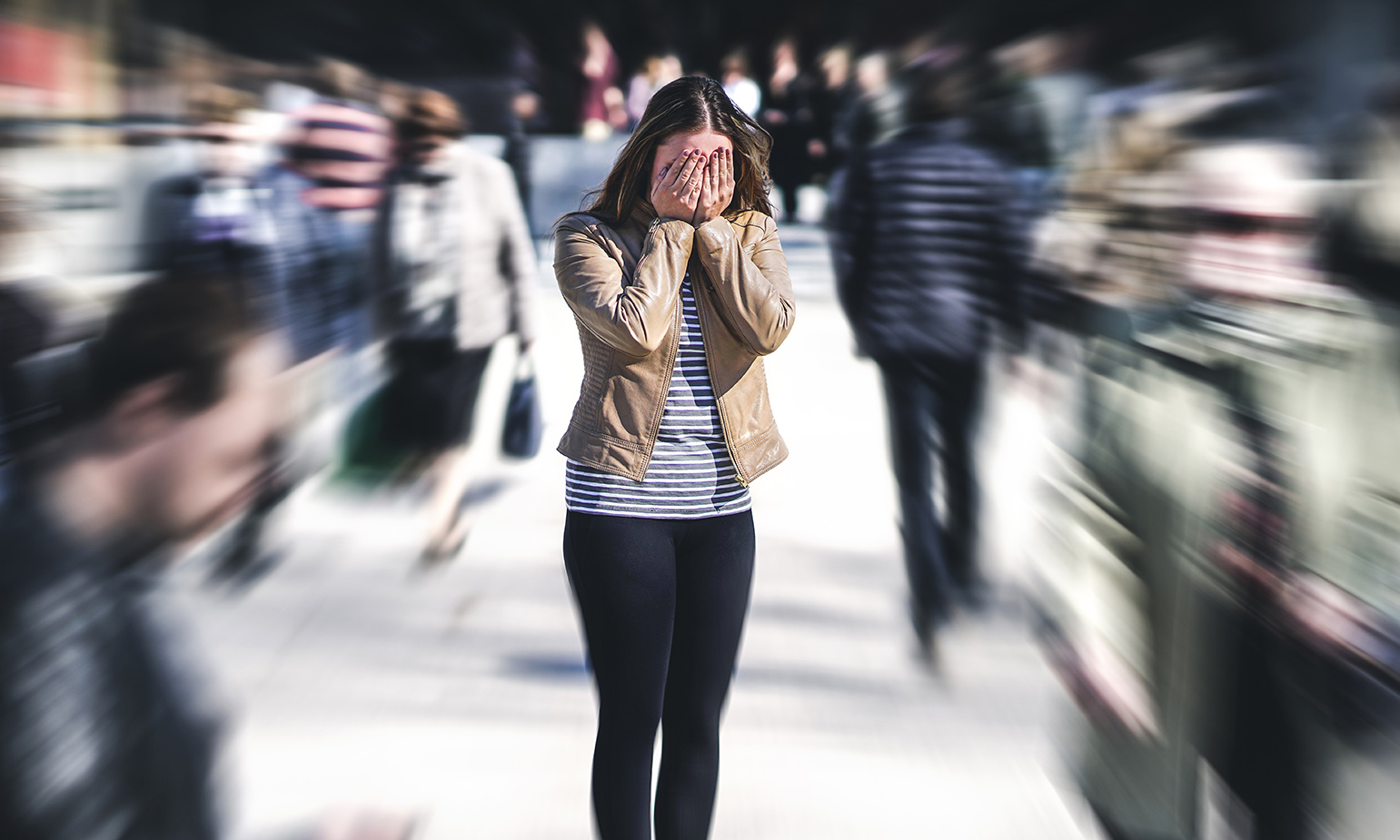
Anxiety is a feeling of tension or apprehension that can be mild to severe. It’s not always easy to know when your anxiety level has become too high, but there are some indications. We will be exploring the symptoms of anxiety. And if it’s a condition you’ve been struggling with for quite some time now, the best time to get professional help is now. Visit UnwindingAnxiety.com to identify what triggers your anxiety and get expert assistance on what you can do about it.
Contents
1. Feeling on Edge
If you often feel stressed and worried, but you can’t pinpoint why, anxiety could be the culprit. You may feel anxious all of the time or only in certain situations. Anxiety is typically characterized by chronically high levels of stress. It can also limit your ability to focus, lower your motivation level, and make you timid around others.
In addition, anxiety can make you feel fearful about the future. Sometimes this feeling of fear is justified, but it can also be irrational. This type of anxiety can cause a lot of stress and mental anguish. It’s not uncommon for people with anxiety disorders to experience several symptoms at once or for their symptoms to change over time.
2. Difficulty Sleeping
An anxiety disorder can cause trouble falling asleep, staying asleep, or both. If you are suffering from an anxiety disorder that causes disruptions to your sleep schedule, it’s important to seek help as soon as possible. The effects of poor sleep are serious and include fatigue, moodiness, lack of focus, and even weight gain.
3. Physical Symptoms
Even if you don’t feel anxious, your body can sometimes produce physical responses that are similar to anxiety symptoms. Stress, for example, has been known to cause headaches, stomach aches, and even gastrointestinal issues. If your anxiety is causing these kinds of symptoms or making them worse, it’s time to seek help from a professional.
4. Trouble Breathing
If you find yourself struggling to breathe normally, it may be an indication of panic. Anxiety can cause you to fight for air or hold your breath without realizing it. You might also experience shortness of breath during certain activities or when in tense situations; this is called hyperventilation. Both are common symptoms of anxiety.
5. Frequent Urination
Anxiety can cause your body to produce excess adrenaline, allowing blood flow to increase rapidly throughout your system. Unfortunately, this often causes people with anxiety disorders to urinate more frequently than usual. It is important that you drink plenty of water or other healthful liquids to avoid dehydration. If you find that you are urinating more frequently throughout the day, it might be a good idea to talk to your doctor.
6. Sweating
Anxiety can cause you to sweat excessively, especially when nervous or stressed. This may be because many people with anxiety have high levels of stress hormones in their bodies. These hormones are produced more quickly than usual, which means that more of them are excreted through your pores. You might recognize this symptom as “sweaty palms,” “butterflies,” or a “cold, clammy feeling.”
7. Feeling Nauseous
Anxiety can cause you to feel nauseous at times. When this occurs, either the adrenaline in your body is being overproduced or you have become overwhelmed by your stress and worries. There are also some medications that can produce a nauseous sensation, so check with your doctor if you’re having frequent bouts of nausea.
8. Irritability
Anxiety can cause you to feel irritable and grumpy. This is especially true of those suffering from depression, which often accompanies anxiety. The two disorders go hand-in-hand a lot of the time, so if you have one it’s likely that you have the other as well. When your levels of stress are high, you may feel irritable and angry with others. You may also notice that you snap or lose your temper more often than usual.
9. Stress Eating
Many people with anxiety disorders find themselves snacking throughout the day to manage stress levels. The problem is, they consume so many unhealthy foods during these times that their body weight increases dramatically. This type of eating is often what leads to obesity, so it’s important that you get the help you need. If your anxiety makes it difficult for you to stop snacking, try getting outside and taking a walk to reduce your stress levels.
10. Muscle Tension
Anxiety can cause your muscles to tense up without warning. This can leave your muscles feeling stiff and sore even after you’ve been at rest for a while. Massage therapy, yoga, and other stress-relieving activities can help to reduce muscle tension. Many experts also recommend regular exercise as it is very helpful with anxiety management.
Anxiety often causes the sufferer to experience many of these symptoms. Understanding what is causing your anxiety attacks can help you get the help you need before it’s too late. If you are constantly experiencing one or more of these symptoms, seek assistance as soon as possible. Doing so will ensure that you receive the help necessary to manage your anxiety and avoid increasing health problems.

